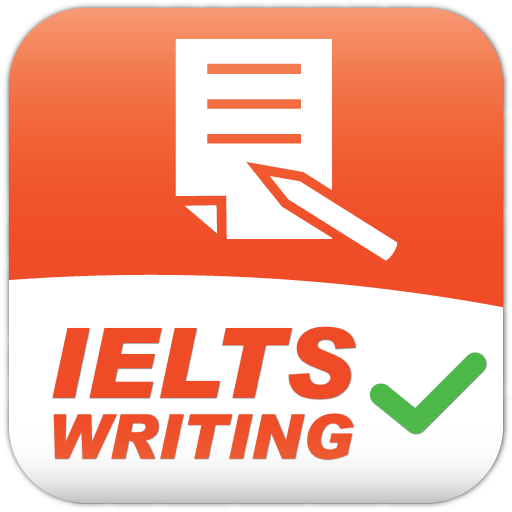Top 10 IELTS Writing tips

There are a lot of much simpler writings that score 8.0 and higher! This is because you don’t need any special knowledge: the examiner will assess your writing, not your thoughts.
To succeed in IELTS Writing, you need to
- be accurate
- write simple things well
On this page we’ve gathered top 10 IELTS Writing tips that will help you score band 8+ on IELTS Writing:
1. Read the question
Understanding what the question asks you to do is crucial for achieving a good score. That’s why, always read your question thoroughly and cover all the points you’re asked to write about.
For example:
The government should pay to the parents of very young children, so that one of them can stay at home and look after their children.
What do you think are the pros and cons of this policy? Justify your answer and include any relevant examples from your own knowledge or experience.
– In this question you’re asked to do two things:
+ Write pros & cons
+ Give examples
2. Failing to complete one of the requirements of the task results in a lower score!
Read what you have written
Go back and read the paragraph you have just written before you start the next one. You may think that this is a waste of time. If so, you’d be wrong. It’s important to link your paragraphs together – what easier way to do that than just read what you have written?
3. Be clear
The practical advice here is to select your best idea and write about that. That means not writing everything you know – leave some ideas out. Don’t worry if it is not your best explanation, worry about whether it is your clearest explanation.

4. Write about what you know
You are being tested on the quality of your English, not on the quality of your ideas. So you shouldn’t worry about finding the “right answer”. You need a simple idea that you can clearly describe and justify.
Follow the standard structure
To get maximum points, you should follow the standard structure. IELTS Writing task 1 should be written as follows:
Introduction: briefly describe what your graph shows.
Overview: state main trends.
Specific details: describe specific changes, providing data.
IELTS Writing task 2 answer should have such backbone:
Introduction: rephrase the topic + give your opinion.
Body paragraphs: each should have its central idea, which is generally stated in the first sentence.
Conclusion: just rephrase your opinion from the introduction.
5. Don’t write too many words
It’s a bad idea to write more than 300 words in task 2 and more than 200 words in task 1. Firstly, it’s difficult for the examiner to read long essays and he/she will check your writing less carefully. Secondly, you are likely to make more mistakes and have less time to check what you wrote.
6. Choose your writing style
Never use informal language in academic writing or in essay. Only in general module task 1 you may be asked to write an informal letter.

7. Write about what you know
You are being tested on the quality of your English, not on the quality of your ideas. So you shouldn’t worry about finding the “right answer”. You need a simple idea that you can clearly describe and justify.
8. Follow the standard structure
To get maximum points, you should follow the standard structure.
IELTS Writing task 1 should be written as follows:
Introduction: briefly describe what your graph shows.
Overview: state main trends.
Specific details: describe specific changes, providing data.
IELTS Writing task 2 answer should have such backbone:
Introduction: rephrase the topic + give your opinion.
Body paragraphs: each should have its central idea, which is generally stated in the first sentence.
Conclusion: just rephrase your opinion from the introduction.
9. Don’t write too many words
It’s a bad idea to write more than 300 words in task 2 and more than 200 words in task 1. Firstly, it’s difficult for the examiner to read long essays and he/she will check your writing less carefully. Secondly, you are likely to make more mistakes and have less time to check what you wrote.
10. Choose your writing style
Never use informal language in academic writing or in essay. Only in general module task 1 you may be asked to write an informal letter.








